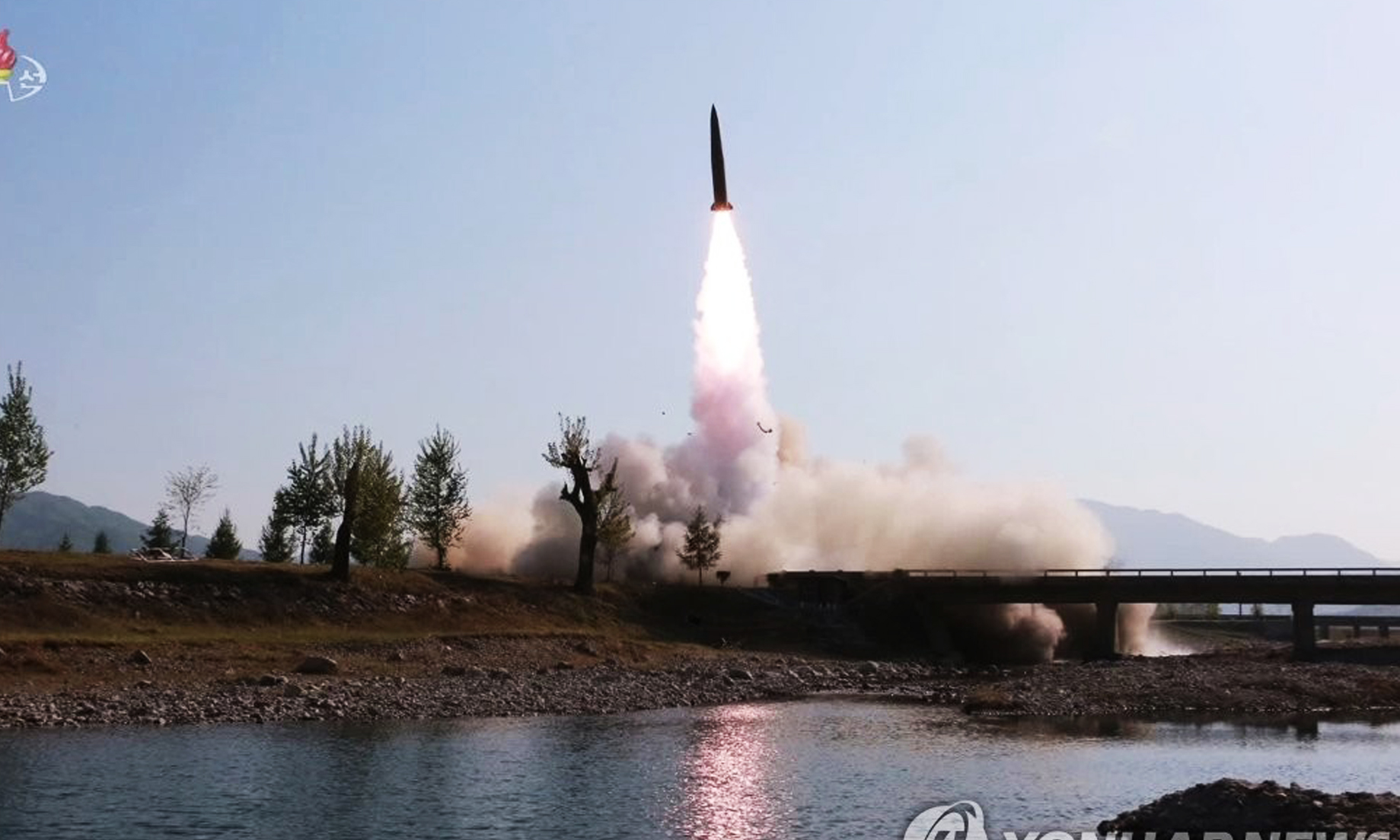SEOUL, Dec 26 (NNN-YONHAP) — A North Korean propaganda outlet on Thursday denounced stepped-up surveillance by the United States and South Korea of military targets in the communist nation, saying the country is closely watching such “provocative” moves.
The U.S. and South Korea have been on high alert in recent days amid growing concerns that the North could conduct a major provocation, such as launching an intercontinental ballistic missile, in protest over stalled nuclear talks.
Between Tuesday and Wednesday, the U.S. flew four spy planes over the Korean Peninsula at the same time amid concern the North could fire an ICBM as a “Christmas gift” to the U.S. On Monday, South Korea also brought in its first advanced unmanned aircraft, Global Hawk.
Meari, a North Korean propaganda outlet, criticized the U.S. and South Korea for engaging in “constant surveillance” on its military installations, introducing U.S. fighter jets and strengthening their military readiness against Pyongyang.
“We are fully ready for any situations no matter what direction the U.S.’ oppressive scheme against North Korea would go,” it said. “We are closely watching hostile forces’ provocative schemes. They should know that our patience also has a limit.”
The website, in particular, criticized South Korea for “jumping on the bandwagon of the U.S.’ oppressive scheme,” calling for its restraint and warning of “terrible consequences.”
North Korea has threatened to take a “new way” if Washington fails to come up with a new proposal in denuclearization talks before the end of this year, hinting that it otherwise will end diplomacy and revert to provocative behavior.
Speculation has arisen that the North might test-fire an intercontinental ballistic missile since it earlier conducted what are presumed to be rocket engines tests at its west coast satellite launch site.
U.S. President Donald Trump earlier warned against such provocations, saying North Korea could lose “everything.”
The North countered that the country has nothing more to lose.
–NNN-YONHAP






